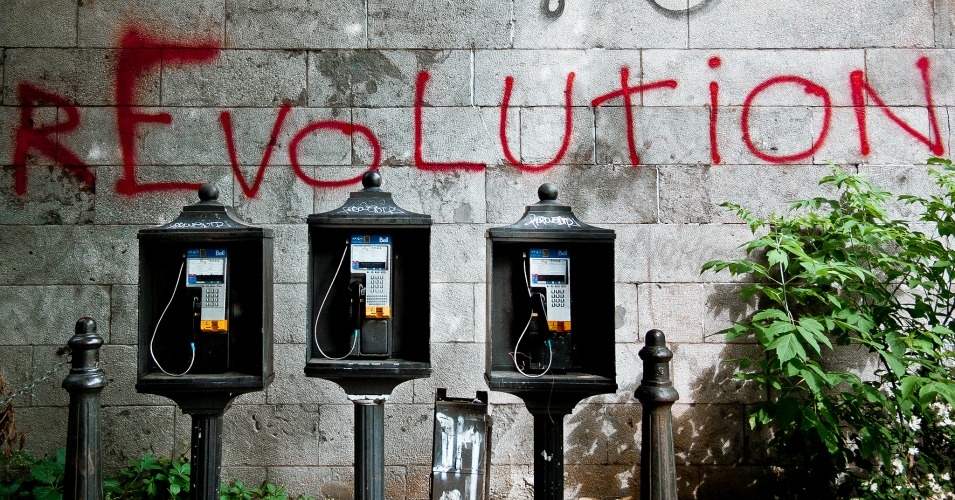The influential economist Thomas Piketty is the most recent trans-Atlantic observer to note that the “incredible success of the ‘socialist’ Bernie Sanders” is indicative of a deeper, populist movement that’s brewing across the United States.
In a column published in the French newspaper Le Monde on Monday and translated on his website, Piketty argues that regardless of whether Sanders wins the Democratic nomination, “we are witnessing the end of the politico-ideological cycle opened by the victory of Ronald Reagan at the November 1980 elections.”
Putting Sanders’ rise within historical context, Piketty revisits the period between 1930 and 1980 when the U.S. “pursued an ambitious policy of reduction in social inequalities,” with economic policies that included progressive income and estate taxes, as well as the implementation of a federal minimum wage (which reached above 10 dollars per hour, in 2016 dollars, by the end of the 1960s).
“Half a century of steady fiscal progressivity” came to an abrupt end in 1980, when Ronald Reagan “surfed” into the presidency “on a program designed to reinstate a mythical capitalism said to have existed in the past,” propelled largely by the frustrations of “the financial elites.”
Piketty said this culminated with the 1986 fiscal reform, which lowered the top tax rates to 28 percent (compared to an average rate of 82 percent for the richest Americans during the previous era), as well as the freezing of the federal minimum wage.
Neither effort, he notes, was “genuinely challenged by the Democrats of the Clinton years and the Obama era” leading to an “explosion of inequalities and huge salaries…and stagnation of the incomes of the majority.” Indeed, the French economist rose to global prominence in 2014 when he argued in his book Capital in the Twenty-First Century that the world had entered another Gilded Age.
Piketty concedes, “Faced with the Clinton electoral machine and the conservatism of the major media, Bernie will perhaps not win the primary.” But he adds, “it has been demonstrated that another Sanders, possibly younger and less white, could one day soon win the American presidential elections and change the face of the country.”
“Today, Sanders’ success demonstrates that a substantial proportion of America is tired of the rise in inequality and these pseudo-alternatives and intends to return to a progressive agenda and the American tradition of egalitarianism,” he concludes.
Bernie Sanders’ elder brother, Larry, who lives in the United Kingdom and is a local leader in the Green Party, made a similar argument last week. Larry Sanders attributed his brother’s popularity to his focus on economic inequality, telling BBC: “The distribution of money from the bulk of the population to the very rich is true and when somebody says it they resonate to that.”


